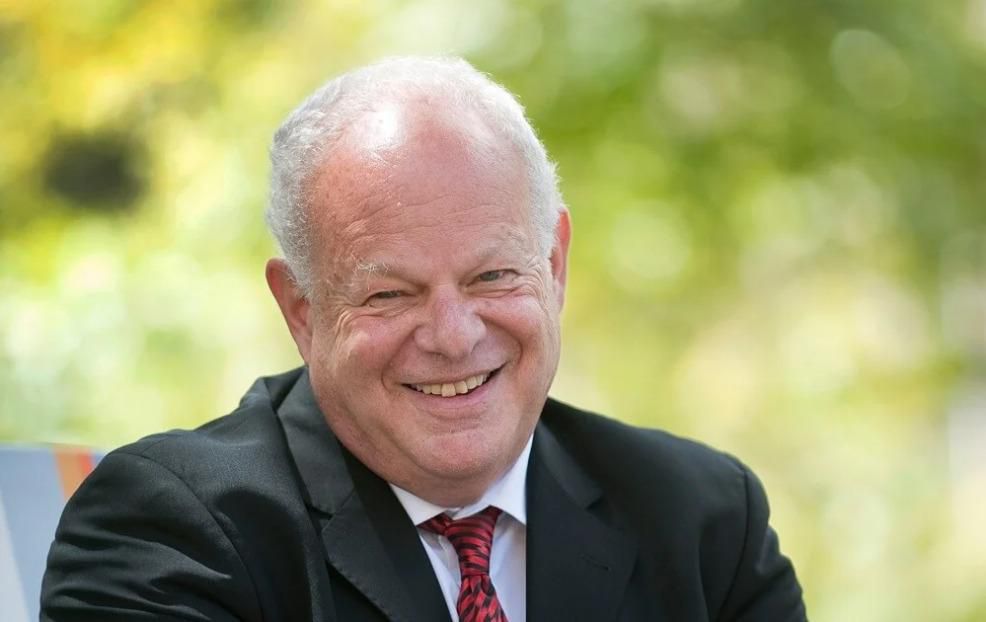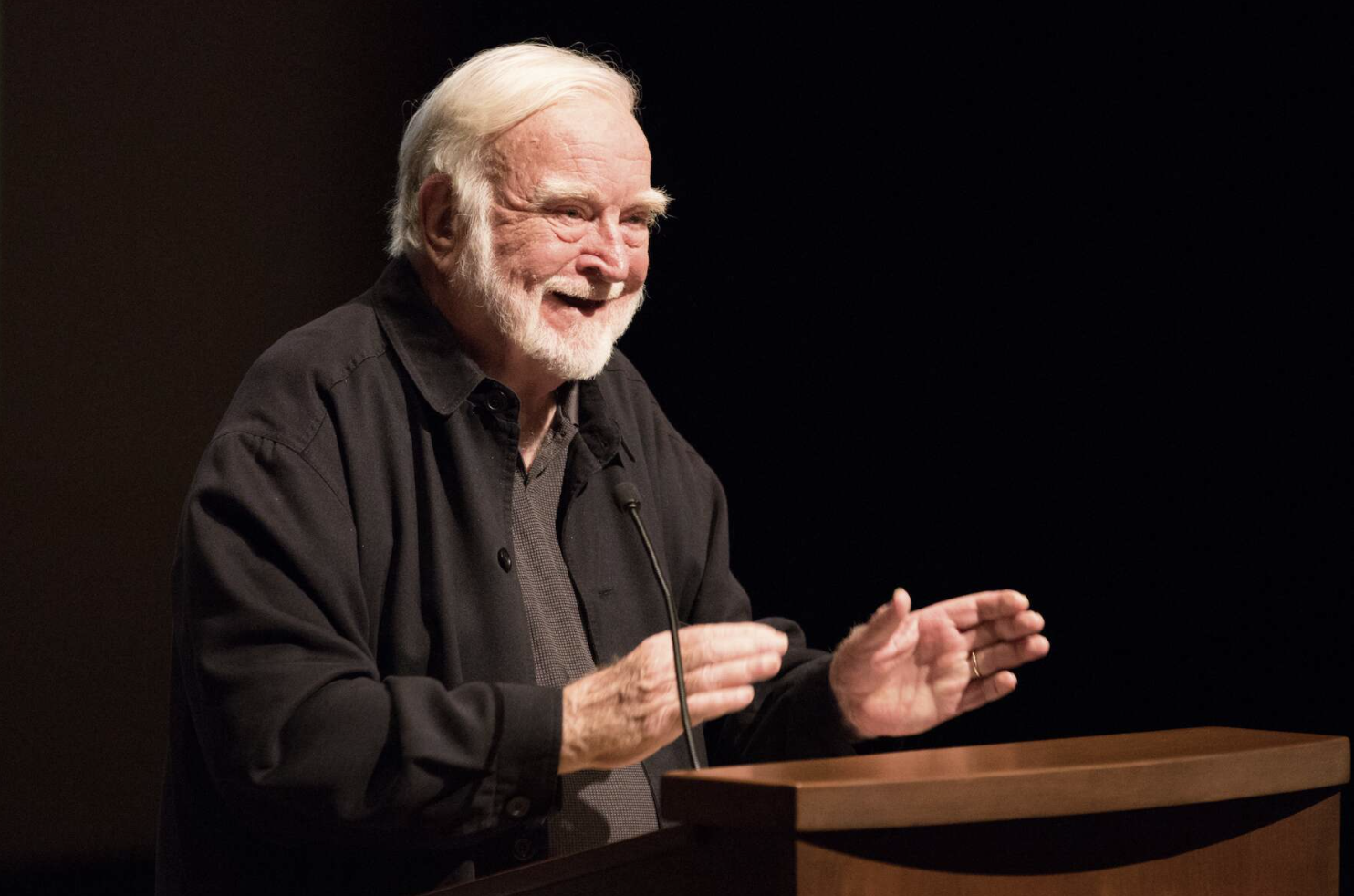You know me… Any health measure is good for heath! That includes proper nutrition (real food as well as supplements) and motion (exercize, posture, etc.)
But it also includes emotional and psychological health too (Duh!)
Health workers, me included, spend a lot of time working on negative emotions. Pain, grief, fear, anger, shame, despair drain all the color out of life, until the world starts to turn grey. Not only that but they drain the juices of physical life force too, and the consequence of that is physical ill health; anything from lack of energy to cancer and heart disease.
But what about the positive emotions? Joy, exhilaration, ecstasy even? These are important to us and far too often are marginalized by concentrating only on the negative. American psychologist, educator, and author of self-help books, Martin Seligman came up with the term “positive psychology” by which he meant cultivating the good, instead of just trying get rid of the bad. A bold idea and he got a lot of flack for it.
Martin Seligman, professor of psychology in the University of Pennsylvania, is often called the father of Positive Psychology, a movement that reshaped modern psychology from a focus on pathology to a study of flourishing. Before Seligman, psychology’s primary concern was healing what was broken — depression, trauma, anxiety. Seligman asked a radical question: What about what’s right with people?
In the late 1990s, during his presidency of the American Psychological Association, he launched Positive Psychology as a formal discipline. Its goal: to scientifically investigate happiness, optimism, purpose, and character strength. His early research on “learned helplessness” — showing that animals and humans tend to roll over and quit after repeated failure — led him to explore the opposite: learned optimism. This became the basis of his 1991 book Learned Optimism, which offered practical tools for reframing perception and increasing resilience.
In Authentic Happiness (2002), Seligman proposed that happiness stems from using one’s “signature strengths” — innate virtues such as courage, kindness, curiosity, and perseverance — in service of something larger than oneself. Later, he refined this into the PERMA model: Positive emotion, Engagement, Relationships, Meaning, and Accomplishment, the five measurable pillars of well-being.
Positive Psychology’s impact has been enormous, influencing education, healthcare, business leadership, and therapy worldwide. It’s not about pretending life is perfect, but about cultivating mental habits that build resilience and joy even amid difficulty. Seligman’s work redefined the goal of psychology from “fixing damage” to “building potential” — transforming the field from a map of illness into a compass for thriving.
Critics (read: “dodos”) argue that Positive Psychology can unintentionally promote toxic positivity — the idea that people should be happy or optimistic regardless of circumstances. I cannot see how that’s toxic. But Barbara Ehrenreich, bless her, in Bright-Sided: How Positive Thinking Is Undermining America (2010), accused the movement of denying suffering and encouraging emotional denial. She suggested it fits too neatly with Western consumerism — turning happiness into a personal duty and moral obligation rather than a human experience that includes pain and shadow.
Sociologists like Tim Lomas and psychologists like Isaac Prilleltensky have noted that Positive Psychology often reflects Western, individualist values — emphasizing personal achievement and self-actualization rather than communal or spiritual well-being. In many non-Western cultures, happiness is tied to harmony, duty, or belonging rather than personal pleasure or “accomplishment,” suggesting the PERMA model may not be universally applicable.
Some scholars claim Seligman’s work undervalues the psychological function of “negative” emotions like grief, anger, or fear, which can catalyze growth. I don’t much believe in the value of these feelings, though it can be argued that fear keeps us from danger (it also keeps us from happiness too). Philosophers such as John Cottingham has said that a life oriented only toward positivity risks becoming emotionally shallow and morally evasive.
It’s like the old tropes about the “suffering artist”. Only if he/she suffers are they capable of good work… which is BALLS! The person Gautama Siddartha, who became the Buddha, lived a life of unparalleled luxury and comfort in his early days. This later seemed to give him great insight into the path towards happiness: that cravings and neediness cause pain. He chose “The Middle Way”, avoiding both indulgence in pleasure and harsh self-denial. It represents balance, wisdom, and moderation, leading to liberation (nirvana). I’ve always thought of Buddhism as “positive psychology”, rather than a religion.
While Positive Psychology emphasizes measurable well-being, meta-analyses (e.g., Brown et al., American Psychologist, 2017) have found mixed results regarding long-term effects of positive interventions. Critics say that focusing on “happiness metrics” can reduce the complexity of human fulfillment to quantifiable but superficial variables.
Again this is dodo thinking. Why does “human experience” and fulfilment have to include the negative stuff. It’s common, anyone can agree that. But why is it a necessity? I’m with Seligman, that positive feelings should be the target and are not just an indulgence.
The Higher Emotions
How often do you think of what feelings and experiences are available to us that lie beyond happiness and delight? Most of us are too busy striving towards happiness that we rarely, if ever, ask: what comes next?
I’d like to suggest a few and put them out as worthy goals.
First: exhilaration. That comes higher than just joy. It has a certain thrilling energetic or “zoom” aspect. It rarely sustains.
Next: The Flow. Hungarian-American psychologist Mihaly Csikszentmihalyi (1934–2021) gave us this one. Flow is the state of total absorption where action and awareness merge — time disappears, self-consciousness fades, and you perform at your peak simply for the joy of doing.
Mihaly Csikszentmihalyi. His name BTW is not so scary, really: chick-sent-me-halyi
Above that I put Power: this is where spiritual force kicks in. The Being is so in charge and free to act that strange things begin to happen: telepathy, prescience, telekinesis and so forth. Hence my use of the term power.
Consider Plato’s definition of being: “I hold that the definition of being is simply power”. (from Sophist, Section 247e)
Anything higher? Oh yes! Ecstasy. Note that ecstasy (from the Greek) means “out of self”. That very amazing experience, which I have had a few times, most people never, does seem to be a state of pure Being, where the physical form of self, the “creature”, seems irrelevant.
More? Yes. Serenity of Bliss. This rare and awesome state (literally: awe) is gifted to only a few. It’s true you do need to be serene and calm. It doesn’t come in the middle of turmoil, confusion and emotional dramas. Eastern religions make a virtue of meditation, which is supposed to be seeking this state.
American psychologist Abraham Maslow collected many reports of people attaining this state he called “peak experiences”, from right at the top of this emotional ladder. There seemed to be a remarkable consistency in how people described their experience. Typically these were special moments of unity and transcendence when self-boundaries dissolve. The word “oceanic” came up a lot. People felt awe, clarity, timelessness, deep connection, and overwhelming love — a direct sense of truth, beauty, or divinity beyond ordinary perception.
Anything more? Is it possible to go higher?
Yes but only as a concept. I theorize that our ultimate experience of Being would transcend all possible dimensions of human experience. It would certainly not be “of this world.” It would encompass a hugeness of Being that was not any aspect of the self but a state, a union with all creation and that it would feel xxxx (well, no words, you see!) Anyway, certainly immeasurably positive.
I call this state “Limitless Being”. I have never been there and if anyone ever did attain it, I doubt they would bother to come back! Ha!
Prof. in lyrical mood this week. Always strive for higher.






